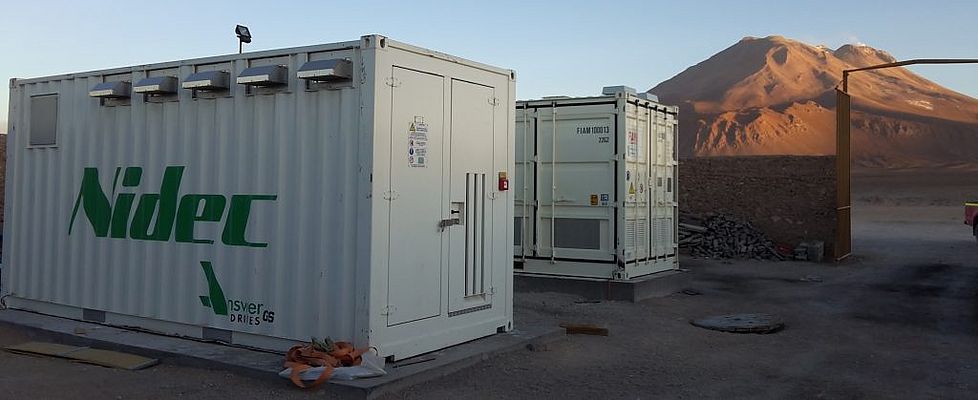Nidec ASI has supplied battery energy storage systems (BESS) for a new important US project. This plant meets new global environmental and energy needs and the growing demand to adopt renewables which, thanks to energy storage solutions, can become even more widespread, thus contributing to containing pollutant emissions and accelerating the energy transition from fossil fuels to solar, wind and hydro power.
The project
The project, which is going into full production this year, is Nidec ASI's first in the United States, an ever-expanding market for battery storage systems, which confirms the company's vast experience in this sector. The project, for which Nidec ASI is acting as Engineering, Procurement and Construction contractor, while also taking care of maintenance services for 10 years, involves the installation of a complete battery storage system, consisting of 12 units. The BESS site will make it possible to avoid grid congestion during peaks in demand and store any surplus renewable energy produced which can then be put back in the grid to guarantee stability at all times, recovering all the excess energy produced by the PV systems installed in the area.
Key elements for realizing the vision of a sustainable and electric future
Battery storage systems become an integral part of the new energy strategy and modern electricity grids, as key elements for realizing the vision of a sustainable and electric future. Nidec ASI, with over 700 MWh of BESS (Battery Energy Storage Systems) installed all over the world, from Italy to France (where the most recent project was realized in collaboration with RTE) to the Maldives, is a technological reference leader and supplier in this sector - as also certified by the latest Bloomberg NEF report - and as a key player engaged in the green energy revolution. More specifically, Nidec ASI will supply a modular and scalable system created ad hoc for this project and made up of 12 BESS units, each managed as a Power Station.





















